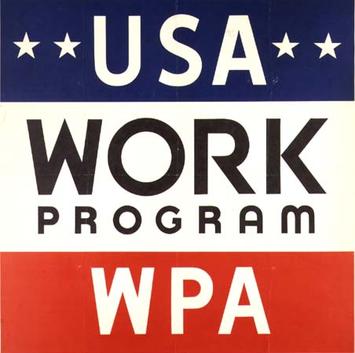
The nomination of Hillary Clinton has been secured, but the future of the Democratic Party is far from certain. Despite the patina of unity at the end, the Democrats, like their GOP adversaries, seem divided as to their future direction. Each party is being pulled to the extremes by an increasingly unruly base which regards its own establishment as a cesspool of corruption, influence-peddling and naked opportunism.
The devolution of the parties is reflected generally in the record distaste among the electorate toward the two nominees. Nebraska Republican Sen. Ben Sasse recently remarked, “There are dumpster fires in my town more popular than these awful candidates.” Count me among those looking for some smoldering garbage.
For virtually all of my adult life, I have been a registered Democrat. But as the party has abandoned critical commitments to color-blind racial equality, upward mobility and economic growth, I have moved on to become a registered independent. This makes me part of the fastest-growing “party” in America – the politically homeless.
From economic growth to cronyism and socialism
Historian Michael Lind suggests in his magisterial “Land of Promise” that, generally, all political parties have embraced the gospel of economic growth. Jacksonians in the early 19th century focused heavily on “producerism,” seeking to help those who actually created goods. The original progressives, in both parties, adopted policies favoring modern industry, from infrastructure to education and training. Herbert Croly, the influential early 20th century progressive journalist, described these as “economic agents” leading to greater prosperity.
President Franklin D. Roosevelt’s New Deal, with its panoply of price supports and infrastructure projects, was, if nothing else, aimed at restoring prosperity. These policies may have had debatable impact, but certainly by the 1940s – in large part due to World War II – the economy was fully stoked. Later, Democrats from Harry Truman to Bill Clinton generally embraced growth as a means to improve the conditions of most Americans, including the working- and middle-class families with whom the party identified itself.
Read the entire piece at The Orange County Register.
Joel Kotkin is executive editor of NewGeography.com. He is the Roger Hobbs Distinguished Fellow in Urban Studies at Chapman University and executive director of the Houston-based Center for Opportunity Urbanism. His newest book, The Human City: Urbanism for the rest of us, will be published in April by Agate. He is also author of The New Class Conflict, The City: A Global History, and The Next Hundred Million: America in 2050. He lives in Orange County, CA.












